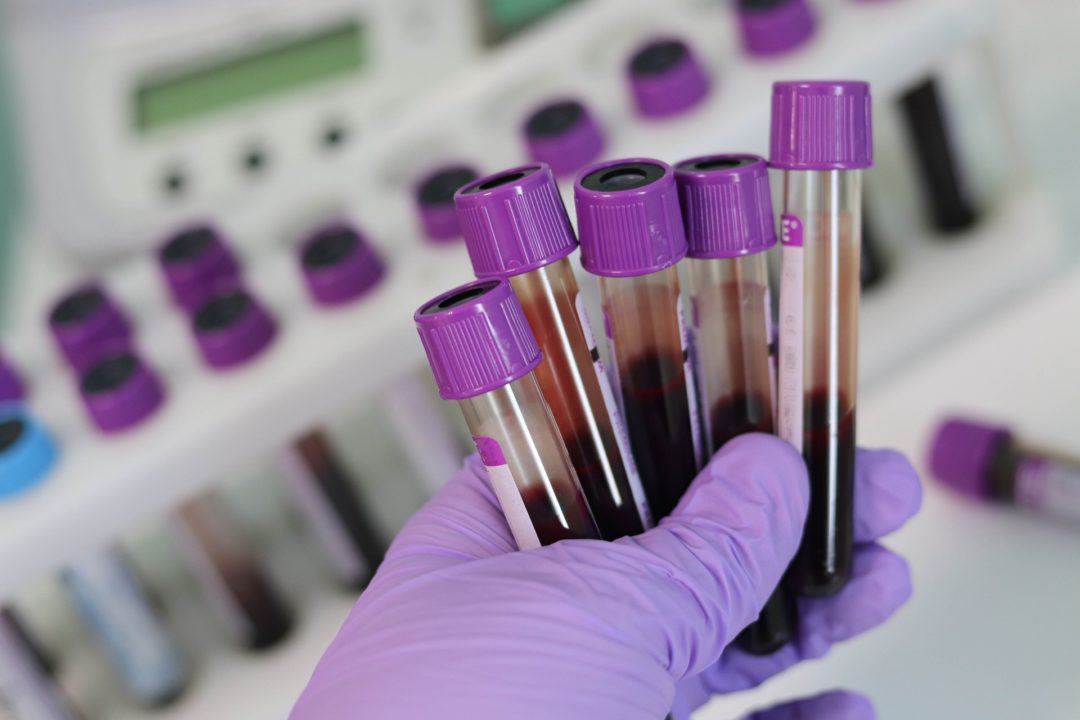The World Anti-Doping Agency (WADA) clarified both the alleged misconduct committed by Russia, and what consequences the nation could face if deemed non-compliant.
A WADA news release yesterday spelled out more details, less than a week after news that its Compliance Review Committee was recommending RUSADA be considered non-compliant with the WADA code. That isn’t finalized yet – WADA‘s Executive Committee will meet on December 9 to discuss the recommendation.
Here’s a bird’s-eye view of the WADA release:
Russia‘s Alleged Violation
WADA‘s Compliance Review Committee, informed by the organization’s Intelligence & Investigations Department, came to several conclusions about Russia‘s conduct:
- WADA believes that the data from the Moscow Anti-Doping Lab is “neither complete nor fully authentic.” A whistleblower leaked the Moscow lab’s database to WADA in 2017. One major condition of Russia‘s reinstatement to compliance was turning over full lab data to WADA – but when Russia did so, WADA says the data provided doesn’t match the database they were leaked.
- “Hundreds of presumptive adverse analytical findings that appear in the 2015 copy of the LIMS database have been removed from the 2019 copy,” WADA says, and the underlying data has been deleted or altered.
- WADA also says that in late 2018/early 2019 (after WADA had required Russia to turn over the data), further alterations were made to cover up the previous changes in the database.
- Around the same time, WADA says, someone in the Moscow lab planted fabricated evidence into the database to make it look as though the changes came from Dr. Grigory Rodchenkov and two co-conspirators in an attempt to extort money from athletes. WADA also says someone changed the data to cover up evidence that another unnamed lab staff member was involved in the cover-up. WADA says this person is “currently an important witness for the Russian side” in several cases about alleged doping cover-ups.
Potential Consequences
WADA‘s release also laid out the potential consequences to Russia moving forward if RUSADA is deemed non-compliant:
- Russia as a nation will not be allowed to any “Major Events” (Olympics, Youth Olympics, Paralympics, World Championships, etc.) for a four-year period. That would potentially keep Russia out of the 2020 Olympics and 2021/2023 FINA World Championships, among other events.
- Russian athletes would only be allowed to compete if they were able to demonstrate that they weren’t implicated at all in this scandal. WADA says athletes would have to show that they are not mentioned in the McLaren Reports, that no data of theirs had been manipulated, and that “there are no positive findings reported for them in the database.” It’s unclear if that would rule out athletes with prior doping violations, or just those with positive tests in the leaked database. Cleared athletes wouldn’t be able to represent Russia, but would compete under the Olympic banner, or something similar.
- Russia would not be allowed to host, or to bid on hosting, any Major Events for the four-year period. Any events already awarded to Russia would have to be moved. Russia would also be blocked from bidding on the 2032 Olympics or Paralympics, regardless of whether bidding happens within their four-year window.
- For swimming, that would likely require FINA to find a new host for the 2022 Short Course World Championships (currently set for Kazan, Russia), and depending on the non-compliance start date, could also affect the 2025 World Championships (long course) set for Kazan as well.
- Russian government officials would also be prohibited from sitting on boards for any WADA Code signatories – that would mean organizations like FINA. Russian officials would also be prevented from attending Major Events.
We should find out next month whether WADA will deem Russia non-compliant. WADA‘s Executive Committee meets on December 9.
Update: we’ve asked the International Swimming League how a ban on Russia would affect Russian athletes’ eligibility for ISL competition. For now, they’ve only released the following statement: “The International Swimming League (ISL) has a very strong anti-doping policy. Any individual with a previous disqualification for breaking anti-doping rules is not welcome in the ISL.”

Doubt
Remember this one thing! Mother Russia will triumph!
Long live the mother land💪
Purely for the drama, rooting for all Russian athletes except Efimova to be banned. SwimSwam comments would riot.
NO COLLUSION!
Having “JOY” in defeating every Russian in international competition whom I raced (due to their decades ago plan to destroy the great USA)… and seeing all the outlandish drug-cheating uncovered over the last few decades which their sports-machine has been connected to (GO beat that Drug-cheat & her fake record again — USA hero Lilly King!!!).
That was a pretty corny rant my guy
“WhY dO PEopLe kEEp PrOFileInG RusSIAn AtHlETes?”
Yeah right… old joke, tell us a new one
Does anyone have a list of top russian swimmers who would be out then?